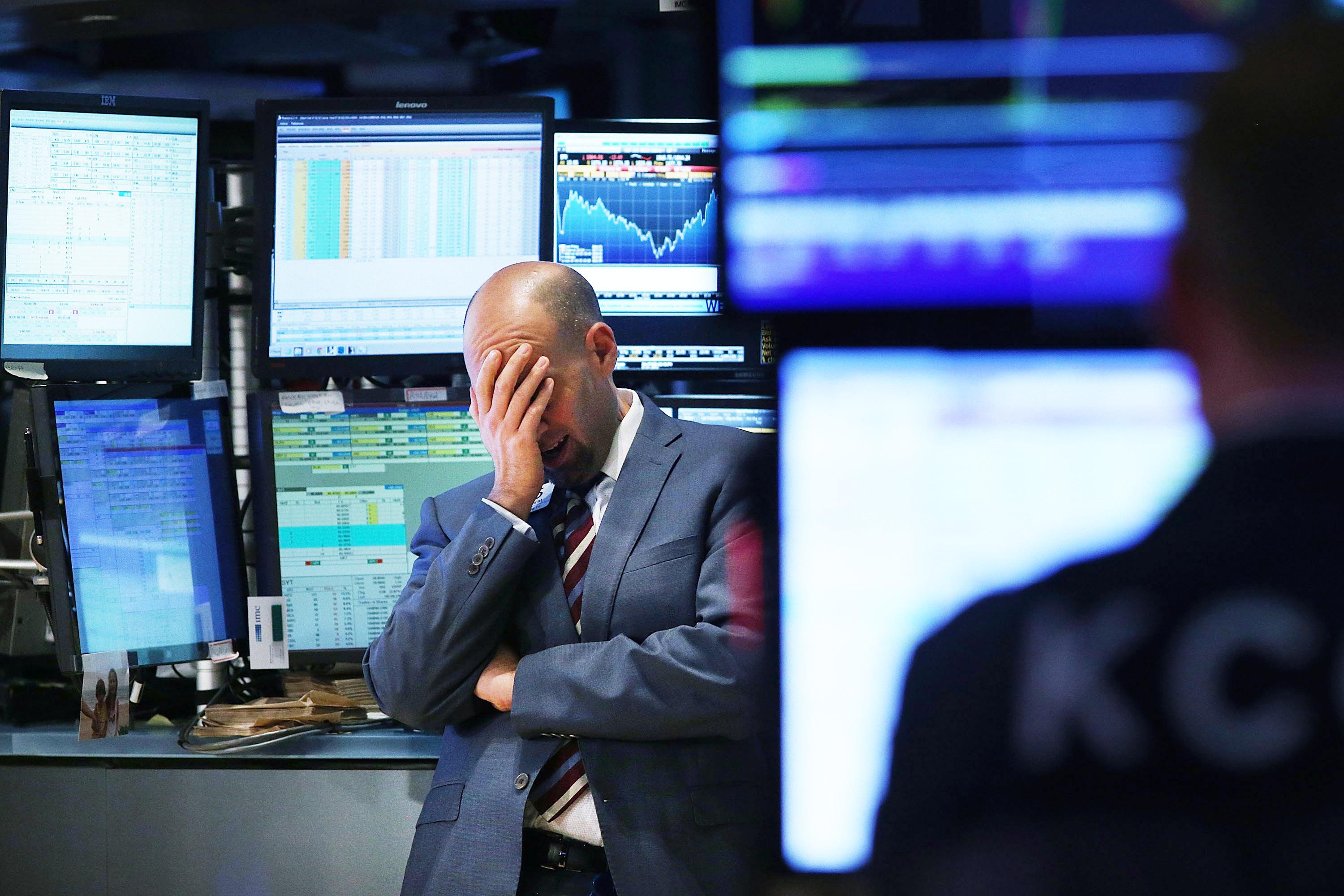
Can your brain influence your investment accounts? The study of behavioral economics would suggest that it could. Behavioral economics is a psychological study of how cognitive and emotional factors influence your decisions when it comes to economic theory.

Can your brain impact your investments? (Photo by Spencer Platts)
This field of study is key to understanding how and why people behave the way that they do, particularly when they seemingly make decisions that do not benefit them financially. For example, behavioral economics gives us a framework to understand why someone delays investing in a retirement account even if they may understand how compounding interest works.
Loss Aversion
Loss aversion is one form of cognitive bias studied within behavioral economics. It describes why as individuals; we feel loss more profoundly than we experience an equal gain. If you were to win $10 on a scratch off lottery card, you’d feel less emotion than if you were to lose $10 that you had intent on spending for lunch – this is loss aversion.
Ultimately, $10 is neutral, it is the same value in either a win or a loss. However, humans feel the loss as greater than the win.
There are several areas of the brain that loss aversion impacts:
- The amygdala, which creates fear
- The insula, which makes you feel disgust
- And the striatum, which deals with prediction errors.
When these three parts of the brain light up together, you can feel panicked. You then try to avoid this feeling and emotion – and therefore avoid the loss.
When Loss Aversion Impacts Your Investments
If loss aversion plays out in your life naturally, it makes sense that one area it would often show up would be in your financial life. You’d instinctually want to avoid losing money to avoid feeling the negative emotions that are associated with that loss.
This is particularly impactful when it comes to your investments, and your retirement accounts. If you’re used to seeing the stock markets rise and rise, over and over again, you may not register those “wins” as emotional happiness. However, if you check the stock market and your accounts have plummeted due to volatility, your loss aversion may kick in and you’ll feel the negative emotions two-fold.
Experiencing loss aversion can cause investors to make snap decisions that are not sound investment decisions. Loss psychology is what may cause an investor to pull their investments out when the stock market experiences volatility, which then locks them into a loss, instead of riding the market out.
How Can You Protect Yourself From Loss Aversion?
So, how can you protect yourself (and your retirement accounts) from loss aversion? The simple answer to is work with a qualified financial planner. Financial planners are trained to coach you through behavioral biases, and specifically to help you overcome biases such as loss aversion. Find a financial planner that you trust, and you’ll be on the way to protecting yourself from loss aversion.
Another way to minimize loss aversion is to isolate the situation that you’re going through and put it into perspective. Yes, markets may be currently volatile – but they’ve been volatile before and have recovered. Markets go through normal cycles. Financial planners can also help you with learning more about how the stock market works, and the longevity of investments.
Keep Your Biases Out Of Your Investments
We’re all naturally biased, and we’re all prone to experiencing loss aversion. When handling your investments and your future, it’s best to keep a level head and keep your biases far from your investments.
© 2022 Forbes Media LLC. All Rights Reserved
Comments are closed.
